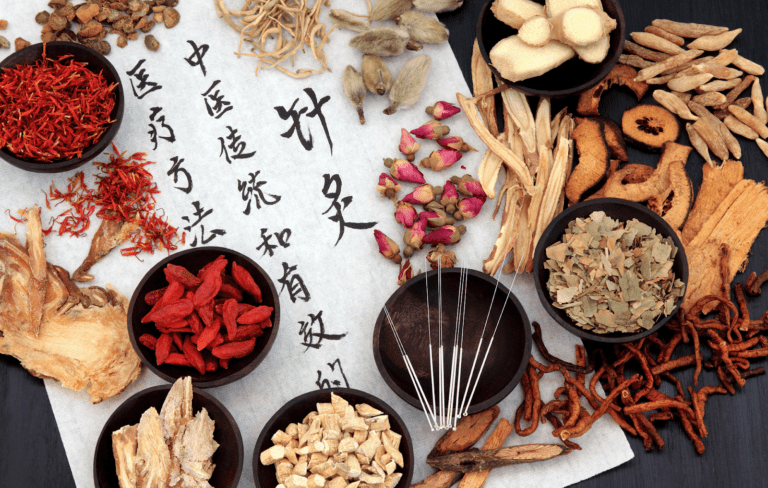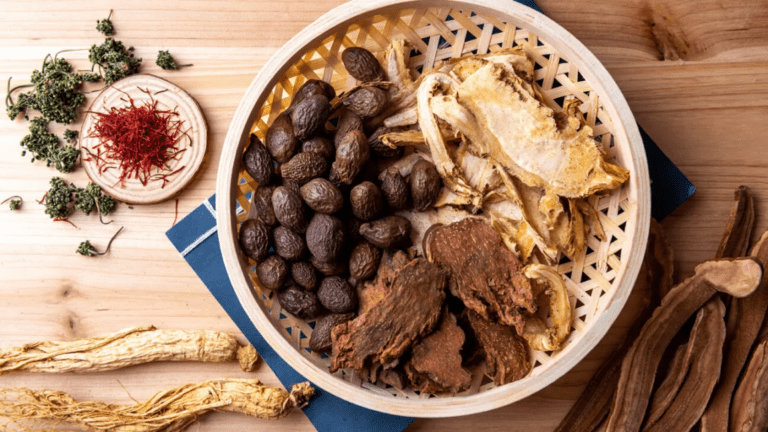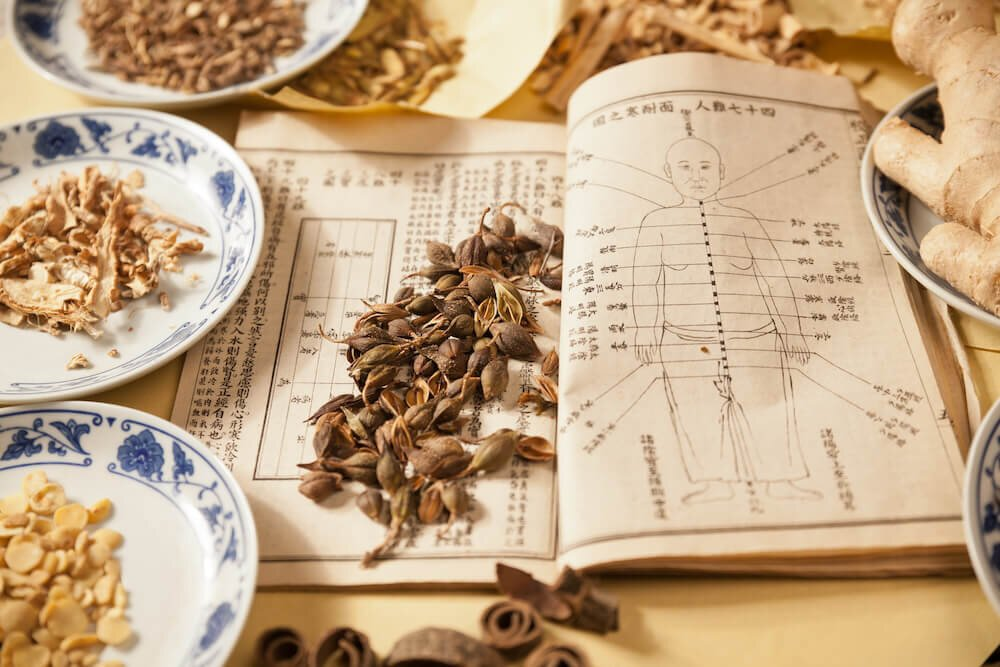
Since ancient times, Traditional Chinese Medicine (TCM) has been practiced and its natural prescriptions have gained international reputation. Nonetheless, this development of curiosity necessitates the knowledge of how to use them properly. While trying to get healthier, Chinese herbs can be great friends but only if you treat them well.
Are there any foods to avoid while taking Chinese herbs?
Avoid consuming caffeine, alcohol, and spicy or greasy foods while taking Chinese herbs. These substances can interfere with the herbs’ effectiveness by impacting digestion and absorption.
It’s best to follow any specific dietary guidelines provided by your practitioner to enhance the herbs’ therapeutic benefits. Other substances to be avoided, in addition to caffeine, alcohol, and spicy or greasy foods, when taking Chinese herbs are processed foods and too much sugar. These will either create internal heat or dampness that will balance out the action of the herbs.
Your practitioner may advise you to particularly avoid certain foods in combination with the herbs you are prescribed and your own health condition. A balanced diet that includes plenty of fresh vegetables, a good portion of lean proteins, and whole grains taken together with herbs will maximize their expected effect and promote health generally.
Can Chinese herbs interact with prescription medications?
Yes, Chinese herbs can interact with prescription medications, potentially altering their effectiveness or causing side effects. Consult a healthcare professional before combining them to ensure safety and efficacy. It’s essential to discuss all supplements and medications you are taking with your healthcare provider.
Chinese herbs may potentiate or reduce medication effects, thus leading to possible unintended side effects or decreased medication effectiveness. For instance, herbs like ginseng or ginkgo biloba can affect blood clotting and thus may have interactions with anticoagulant medications. St. John’s Wort is another famous herb, not traditionally Chinese, which is known to have interactions with antidepressants and several other medications.
This all can be quite open between the health professional and herbalist in terms of pointing out potential interactions and adjusting treatment plans including conventional therapies safely along with herbal therapies.

What lifestyle habits should be avoided when taking Chinese herbs?
While taking Chinese herbs, avoid smoking, excessive alcohol consumption, and high-stress activities. These habits can hinder the healing process and reduce the herbs’ effectiveness. Incorporating relaxation techniques and a balanced lifestyle can enhance the benefits of herbal treatments.
This means that smoking and excessive alcohol may introduce toxins and stress the liver, offsetting the detoxifying and balancing action of Chinese herbs. High-stress activities will cause an imbalance in energy flow and negate the entire effect of herbal treatments on the body.
The latter is achieved through practices such as meditation, yoga, or tai chi, which ensure relaxation and enhance the body’s natural healing ability. It is supplemented by sufficient rest, good exercise, proper hydration, and an enabling environment within the body for recuperation and health.
Are there any side effects to watch for when taking Chinese herbs?
Some Chinese herbs may cause side effects like digestive upset, allergic reactions, or changes in blood pressure. Monitor your body’s response and consult a healthcare professional if you experience adverse effects. Proper dosing and guidance from a qualified practitioner can minimize risks.
While most people take Chinese herbs with few or no problems, some others develop gastrointestinal side effects like nausea, diarrhea, and rashes, indicating allergy. Changes in blood pressure or heart rate can result from improper administration of herbs affecting cardiovascular function.
It may be due to incorrect dosage or poor quality herb; hence, herbs must be availed from a good supplier, and professional advice should be sought. If the adverse effects persist or get worse, seek medical evaluation for adjusting the herbal regime or seeking other options.
Should Chinese herbs be taken on an empty stomach?
Taking Chinese herbs on an empty stomach may enhance absorption but can cause digestive discomfort for some. Consult your practitioner for personalized advice. They may recommend taking herbs with food to mitigate potential stomach upset, depending on your individual needs and the specific herbs used.
A major variable influencing both effectiveness and side effects in Chinese herbs is the timing of their uptake. Although an empty stomach might be best for absorption, it may cause one to feel queasy or irritated. Taking them after a small meal or snack can make digestion easier for those with sensitive stomachs and may not greatly reduce efficacy.
Your practitioner can give more specific instructions based on your health status and the kind of herbs prescribed to find a good compromise between what’s most comfortable and most beneficial for you personally.

Can Chinese herbs be taken during pregnancy?
Caution is advised when taking Chinese herbs during pregnancy, as some may affect fetal development or pregnancy outcomes. Consult a healthcare provider specializing in prenatal care and herbal medicine before use. They can guide safe options based on individual health and pregnancy stage.
Whereas some Chinese herbs are considered safe for use during pregnancy, most of them are potentially risky to the mother and baby since they interfere with the balance of hormones, uterine contractions, or fetal growth. For instance, dong quai and ginseng may bear some estrogenic effects and should thus be evaded.
A qualified health professional who has experience with herbal remedies will be able to consider your unique situation and recommend suitable herbal medications or alternatives that promote maternal well-being yet are safe. Always take professional advice regarding the well-being of both the mother and the baby during pregnancy.
How should Chinese herbs be stored to maintain potency?
Store Chinese herbs in a cool, dry place away from direct sunlight and moisture to maintain potency. Keep them in airtight containers to prevent contamination and degradation. Proper storage ensures the herbs retain their therapeutic properties and effectiveness throughout their shelf life.
Proper storage of Chinese herbs is quite vital for the preservation of active ingredients and therapeutic efficiency. Moisture and light have impacts on the degradation of herbs, reducing their potency and eventually causing contamination.
Store in tight covers, preferably in light proofed containers, to seal them from exposure. Keep in a stable, cool environment away from kitchen heat or bathroom humidity. Check periodically; changes in color, smell, and texture indicate spoilage. This will ensure that the herbs are as effective and as safe to use as possible by providing the best conditions for storage.
A Safe and Fulfilling Herbal Journey
You can take a secure and satisfying herbal journey with traditional Chinese herbs by observing these necessary do’s and don’ts. Keep in mind that TCM practitioners are allies who will help guide you through the maze of these potent plants. Through collaboration, they may be utilized to enhance your overall health as well as reach wellness goals.
